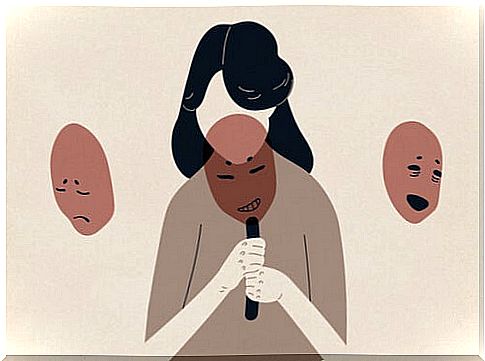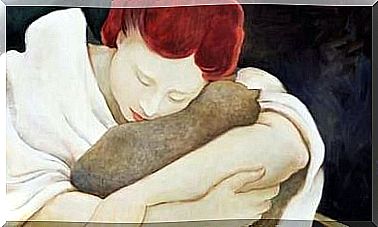What Factors Influence Our Mood?

Humor is the sentimental tone, pleasant or unpleasant, that a person experiences internally. Therefore, we are not talking about what makes us smile or laugh out loud. Generally, it is linked to an external object (event, place, another person, etc.) or to one’s own thought.
Humor refers exclusively to internal feelings, that is, subjective. It does not cover their external manifestation. When we take into account internal feelings and their external expression, we speak of affection and not humor.
To be in a good mood is to be happy
It is a common and colloquial expression to say: “I’m in a good mood” or “I’m in a bad mood.” We say this when we want to reflect our mental disposition in the face of environmental circumstances. When we are in a good mood, our vital and sentimental tone is strengthened. We feel joyful and in tune with all the positive events that surround us.
If we are in a good mood we are optimistic and we want to do things. We want to connect with other people, have fun, and take advantage of our everyday experiences. Likewise, we have a greater resistance capacity to face possible obstacles. We tend to minimize setbacks, downplaying them, due to the optimism generated by our good humor.

When we are in a bad mood we are not for anyone
On the contrary, when we are in a bad mood we place ourselves at the opposite pole. Our mood is tinged with pessimism and we feel apathetic. We are listless and uninterested in anything that requires minimal effort.
In this way, setbacks seem to us annoying and insurmountable complications. This makes our state even worse. We prefer to be left alone and not disturbed by people, so we tend to avoid social relationships.
What factors influence?
If we try to analyze what factors influence humor, we will see that they are innumerable. Some factors are external, coming from the environment that surrounds people’s lives. Other factors are internal, coming from the person himself and appearing in the form of physical, mental or combined sensations.
A classification of the determinants of mood swings would never be accurate, since a basic characteristic of them is that they are specific to each person. That is, each person is sensitive to certain factors that are particular.
The same event acts on the mood of several people in different ways, depending on their temperament and character. To verify this we could resort to a simple experiment. This experiment would consist of going to a social gathering and stopping to observe each of the attendees, trying to perceive their state of mind, their predominant mood. We would probably see someone cheerful, radiant with happiness, talkative and full of enthusiasm.
Not far from him we would see another, quiet, taciturn, absent, acting as if the party was with him. A little further on we would see a third, mocking, arrogant and presumptuous who does not cease to attract attention. Sitting in a corner, perhaps someone else is enjoying the music.
As we can see, the event and the environmental stimuli are common to all; however, the reaction of each one is very different. This is why our humor depends on what we think and do in certain situations.

Our biography determines our state of mind
What is wonderful to one person can be horrifying to another. This is the case in most cases. Each person is a set of experiences, experiences and memories archived throughout their entire existence. This is what we call a biography.
Each of these experiences, experiences and memories is accompanied by a feeling, a certain emotion, which is activated when we are faced with a circumstance that excites them.
It is not, then, the determining fact in itself that modulates our humor. What modulates it is the mental integration that we make of it within ourselves, with all the emotional load that this entails.
Thus, when we ask ourselves what things influence our mood, we can affirm that all those that provoke in us an emotional reaction, both positive and negative. Making a list of them would be a long but valuable task for our self-knowledge.









